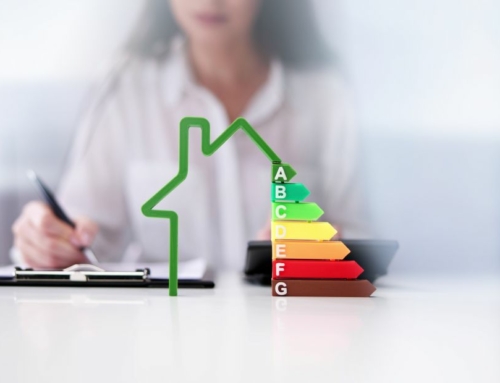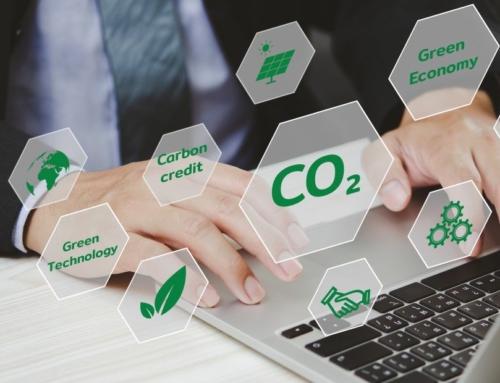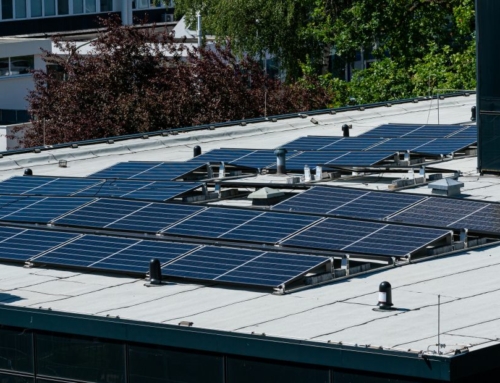NYC Local Law 97 (LL97) is no longer just a topic of conversation among New York City’s building owners – it’s a reality that’s shaping the city’s energy landscape. The law requires large buildings in NYC to meet greenhouse gas (GHG) emissions limits starting in 2024. However, the growing demand for electric vehicles (EVs) means more tenants are demanding on-site EV charging infrastructure. The stringent emission requirements of LL97 leaves many building owners wondering if the prospect of installing EV charging amenities will adversely affect their ability to achieve LL97 compliance.
Electric Vehicles Are Here to Stay
With electric vehicles gaining popularity, the decision to offer EV charging stations isn’t just about tenant amenities or staying ahead of the trend. While it’s true that under LL97, the energy used for EV charging counts towards a building’s total energy consumption, and will influence your GHG emissions calculations, LL97 is not solely about energy consumption volume. It’s about the quality of that energy in terms of GHG emissions. The cleaner the energy source, the better your building’s emissions profile.
The Future is Renewable
Here’s the good news. NYC is on a fast track to clean up its electricity grid. This means that the electricity your building uses – including that for EV charging – will be cleaner and contribute less to your GHG emissions over time.
Additionally, LL97 encourages the use of renewable energy. If you generate renewable electricity on-site, like installing solar panels on the roof, it can offset your building’s energy use. In practical terms, it means that the cleaner energy you produce can balance out the electricity used for EV charging.
Is Investing in EV Charging Worth It?
Unfortunately, the answer is nuanced and depends on your building’s specifics, so there’s no cut-and-dry solution. That being said, as a building owner, it’s a forward-thinking move. As more people adopt EVs and the city’s grid becomes cleaner, offering EV charging could enhance your property’s attractiveness and value without negatively impacting your LL97 compliance.
When it comes to income vs. expenses in relation to LL97, a more attractive property with better amenities than your competition could mean longer-term, high-quality tenants who consider the value-added feature a huge benefit for their convenience and quality of life. A consistent positive cash flow while remaining LL97 compliant is a win-win situation for everyone.
The Role of a Consultant in LL97 Compliance
Navigating the complexities of LL97, especially in the context of evolving trends like EV adoption, can be challenging. A LL97 consultant can bring exceptional value to the process, by ensuring you can focus on running your business and not get bogged down in the ever-changing regulatory environment.
At Latitude Compliance, we can help you assess your building’s current energy use, including potential EV charging and project its GHG emissions under LL97. We also guide you on the most effective strategies to achieve LL97 compliance, such as implementing energy efficiency measures, transitioning to cleaner energy sources and leveraging renewable energy credits.
Contact Latitude Compliance today and let us help you turn LL97 challenges into opportunities for modernization and growth.
Posted on behalf of Latitude Compliance








Leave A Comment